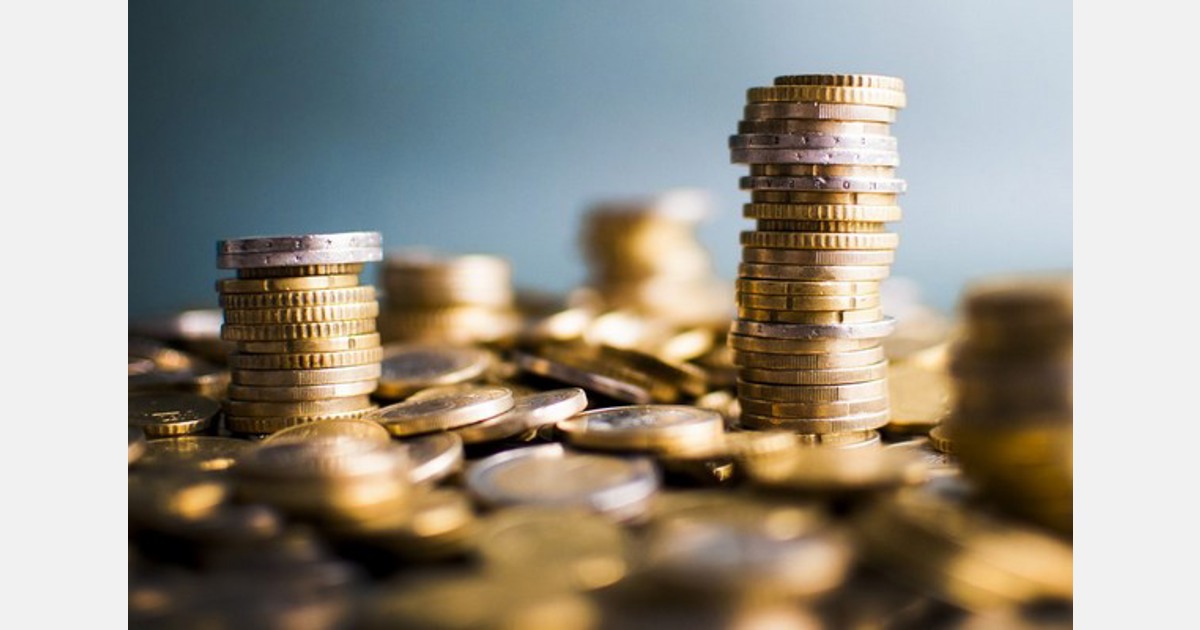Credit Insurance Alliance expects a sharp recession in the US later this year. As commercial real estate prices slip, ‘smaller’ US banks are particularly vulnerable. The FED recently announced that it expects only a mild recession in the US. According to various reports published recently, the credit insurer clearly thinks otherwise.
Johan Jeromes, director of risk underwriting Benelux at AllianceTrade: “The US has had a good start to the year. But there is little left of that Hosanna atmosphere. Many indicators are showing a downturn.” Zeroms does a random grab. He noted a nosedive in US gasoline prices (-4.6% month-on-month, -17% year-on-year), falling retail sales (-1% month-on-year), and a decline in industrial production (-0.5% year-on-year). It is not without reason that business confidence in America is currently at an all-time low.
Jeromes also points to the role of banks. “We are seeing a sharp downturn in the real estate sector. Banks’ exposure to this is high. This is feeding doubts about the strength of the banking sector. Banks are already not interested in lending. With recession looming, this is “particularly a problem for many smaller banks. It affects the core of the economic structure. Millions of companies rely on those banks. The banking industry is in dire straits, and that’s why the business community is in trouble.” Incidentally, a survey of American banks (by the Conference of State Bank Supervisors) found that 94% of banks believe the recession has already begun.
Unemployment benefits are increasing rapidly
It was mainly the labor market that kept the US economy afloat last year. “Corona created a huge imbalance. Once catch-up demand eased, everyone was afraid there weren’t enough people. People had to be added everywhere. Now we’re seeing defaults and recessions. Support for the economy is also crumbling. The growth of new jobs is falling more and more. The growth of temporary jobs is also falling. We’ve seen massive layoffs recently, particularly in the tech sector. They saw the storm coming. That’s the kind of cycle we’re going to see now. Widespread layoffs. We’re seeing unemployment benefits increase month by month.”
The FED is behind
The fact that the U.S. Federal Reserve expects a mild recession this year makes Jeromes even more skeptical. “In their projections, they are always behind the facts. I think of 2008. Even then, according to the FED, a mild recession was possible. Shortly thereafter we were in the deepest economic crisis of recent decades.”
Jeromes says the entire world will feel America’s recession, though he also sees a bright spot. “You can expect the dollar to continue to decline as the economy slows down. Energy prices and other commodity prices are also denominated in dollars. It’s good news for Europe. The positive effect for Europe is that the Chinese economy is improving. So the stimulus will be limited. But every little bit helps.”
Source: Allianz Trading







